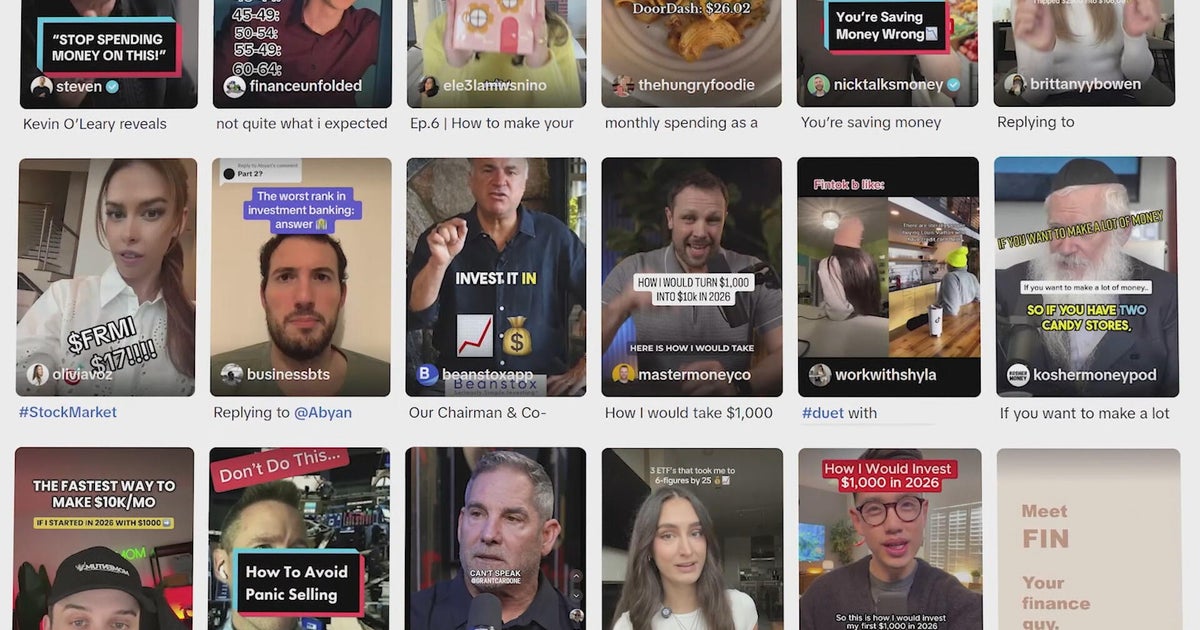Facebook's younger users are abandoning ship
Facebook (FB) started in a Harvard University dorm room in 2004 as a way for college students to connect with one another. Now, many its users in that age range -- and younger -- are abandoning the world's largest social network.
According to a recent report by eMarketer, Facebook will lose 2 million users age 24 and under this year. Facebook users age 11 and younger will fall 9.3 percent, while those age 12 to 17 and 18 to 24 are each expected to drop by nearly 6 percent. It's the first time eMarketer has forecast a drop in young Facebook users.
"It's definitely a lingering concern for investors," said Daniel Ives, chief strategy officer and head of Technology Research at GBH Insights. "Engagement and mindshare, especially in younger demographics, is key in terms of advertising and making sure those users stay on the platform over the coming years."
Some younger members are migrating to Facebook's Instagram photo-sharing site, which eMarketer expects to add 1.6 million users aged 24 and younger. Rival Snap's (SNAP) Snapchat is expected to add 1.9 million members in that demographic. According to eMarketer, Instagram's user base is expected hit 104.7 million in 2018 compared with Snapchat's 86.5 million.
Facebook has nearly 2 billion monthly active users, but it's going through "growing pains" that present openings for services such as Snapchat to gain share, according to Ives, who has a "buy" rating on Facebook and Snap, and a "neutral" rating on Twitter (TWTR).
Debra Aho Willamson, principal analyst at eMarketer, notes Snapchat is redesigning its platform to be easier to use, which could help it draw more users in older age groups. That could leave the company facing the same predicament as Facebook, as younger users ship off for other social sites.
Certainly, grown-ups have discovered the giant social network. A recent survey by the Pew Research Center found that 78 percent of all adults age 30 to 49 use Facebook, as do 65 percent of those age 50 to 64 and 41 percent of those 65 and older. That's good news for Facebook as it deploys changes that have reduced the amount of time users spend on the site.
A spokesperson for Menlo Park, California-based Facebook couldn't immediately be reached for comment.
"The sweet spot for consumers is the 25- to 45-year-olds," said Gene Munster, who follows the tech industry for Loop Capital Ventures. "That has been the real knock against Snapchat, that it appeals to people who don't have any money."
San Francisco-based Twitter also is on a roll, posting its first-ever profit in its fourth quarter as users responded to changes the microblogging site made to address long-standing concerns that it's too complicated. Its stock price has more than doubled over the past 52 weeks. Facebook shares posted a gain of 33 percent during the same time. Shares of Snap, which debuted on the stock market in July, have gained about 40 percent so far this year.
A recent survey of 1,000 users by content marketing company Fractl found that 30 percent of respondents trusted Facebook to use the information it collected about them in an ethical manner. Instagram received a thumbs-up by 16 percent of respondents, followed by Twitter with 15 percent and Snap with 7 percent.
Unfortunately, Fractl also found that 64 percent of all users didn't trust any social media platform.



